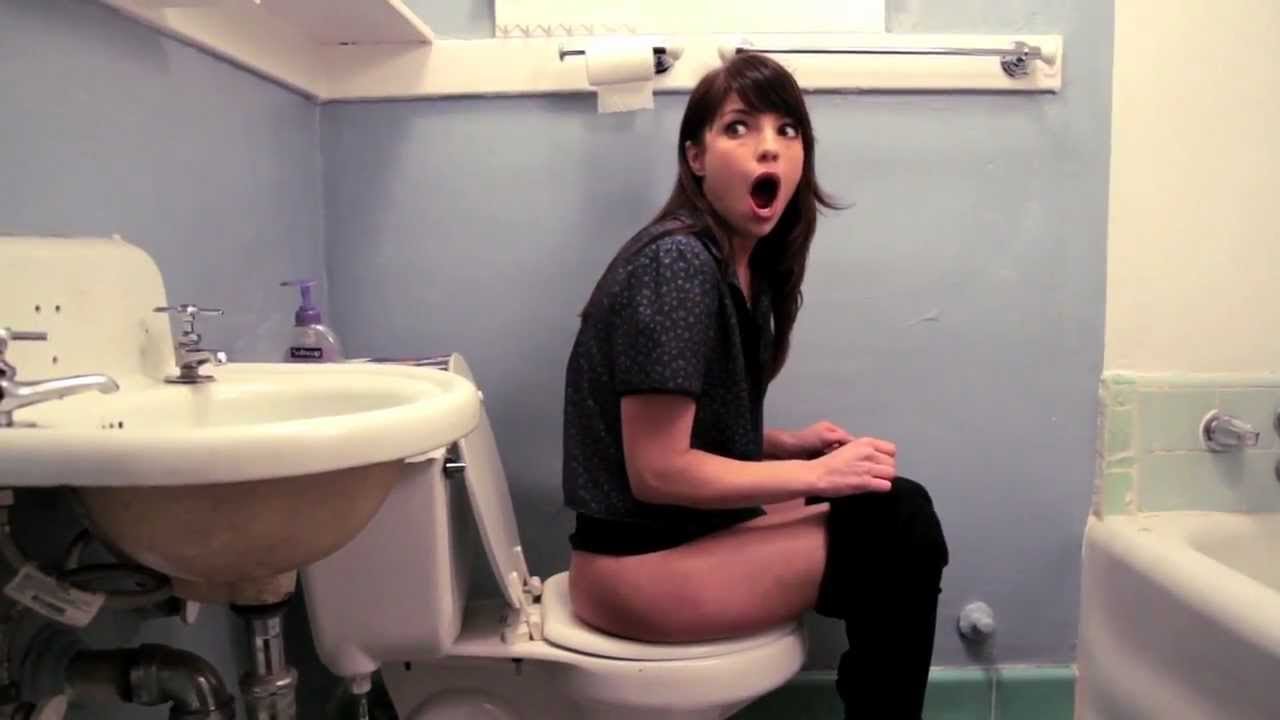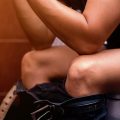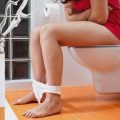
There is no generally accepted number of times a person should poop. As a broad rule, pooping anywhere from three times a day to three times a week is normal. Most people have a regular bowel pattern: They’ll poop about the same number of times a day and at a similar time of day.
According to a survey of more than 2,000 participants that Healthline conducted, respondents reported the following bowel patterns:
- Almost 50 percent of people poop once a day. Another 28 percent report going twice a day. Only 5.6 percent reported going only once or twice weekly.
- Most respondents (61.3 percent) reported their average bowel movement was in the morning. Another 22 percent reported going in the afternoon while only 2.6 percent poop very late at night.
- Nearly 31 percent of respondents reported their poop consistency was similar to that of a sausage or snake, of a smooth and soft consistency.
In general, pooping can be very pleasurable because it engages certain muscles in the colon and rectum. Once the body releases poop, these muscles relax, causing excitation of the vagus nerve. One 2020 article notes that this excitation can cause reductions in heart rate and blood pressure. A person may experience these physiological effects as a brief period of relaxation. Anecdotally, there may also be a psychological aspect to feeling good after pooping. The sensation or urge to poop may feel both physically and mentally uncomfortable. Since pooping eases this discomfort, it may make the person feel good.
Why Do I Have Stabbing Pain When Pooping During Period
Many women experience stabbing pain while pooping especially during menstruation. This is often the effect of constipation, a common condition that affects people of all ages. It makes your stools to be hard and lumpy, as well as unusually large or small. Often, constipation swells the intestines with retained fecal matter. This can lead to discomfort in both the abdomen and back. This type of back pain is typically reported as a dull, aching type of discomfort. During this time, period cramps can feel worse especially when you strain to poop.
Home Remedies
Pelvic pain often responds to over-the-counter pain relievers, but be sure to consult your doctor before taking any type of medication.
You may be able to relieve your pooping pain problem yourself, without your doctor’s help. It may seem obvious, but your diet has a big impact on how you poop.
- Eat more fiber: Fiber makes stool bulkier and softer so it’s easier to pass. Gradually increase the amount of fiber in your diet until you’re getting at least 20 to 35 grams of fiber daily. Good sources include whole grains found in cereals, bread, brown rice, beans, vegetables, and fresh or dried fruits. Prunes and bran cereal are tried and true constipation remedies.
- Stay hydrated: Water is important for preventing constipation, too. Try to drink at least 8 glasses of water a day.
- Try coffee: While caffeinated drinks and alcohol can make you dehydrated, there’s evidence a cup of coffee or tea in the morning may help you poop.
- Limit high fat/low fiber food: Cheese and other dairy products, processed foods, and meat can make constipation worse.
- Watch your FODMAPs: Certain carbohydrates cause digestive problems, including constipation, in some people. The names of the carbohydrates are abbreviated as “FODMAPs.” Foods that contain them include dairy, apples, broccoli, wheat, and lentils. You might try cutting individual foods from your diet but do it carefully. A lot of them are good sources of fiber and other nutrients you need.
Other things you can do to relieve constipation include:
- Exercise regularly: Moving your body will keep your bowels moving, too.
- Adjust your toilet posture: It may be easier to poop if you squat, raise your legs, or lean back.
- Check your meds: Many prescription drugs can cause constipation. Ask your doctor if this might be the problem and if there’s an alternative.
- Biofeedback: Some people get constipated because they unconsciously clench their muscles when they try to poop. A therapist can help you train your pelvic floor muscles to relax.
- Massage: Massaging your own abdomen in a certain pattern can help encourage bowel movements.
- Enemas: You can irrigate your colon with either tap water or an over-the-counter preparation to soften and flush out the contents.
- Suppositories: Some over-the-counter constipation medications are meant to be inserted directly into the rectum. They typically work faster than laxatives you take by mouth.
- Prebiotics and probiotics: You may have digestive issues, including constipation, because of an imbalance in the bacteria that live naturally in your intestines. Supplements or foods containing prebiotics, like bananas and oatmeal, and probiotics, like yogurt and fermented foods, may help.
When to see a Doctor?
Seek immediate medical attention if you have:
- pain or bleeding for a week or more
- fever or unusual tiredness
- unusual bleeding or discharge when you poop
- pain or other symptoms after sex, especially with a new partner
- severe abdominal or back pain and cramps
- newly formed bumps near your anus





